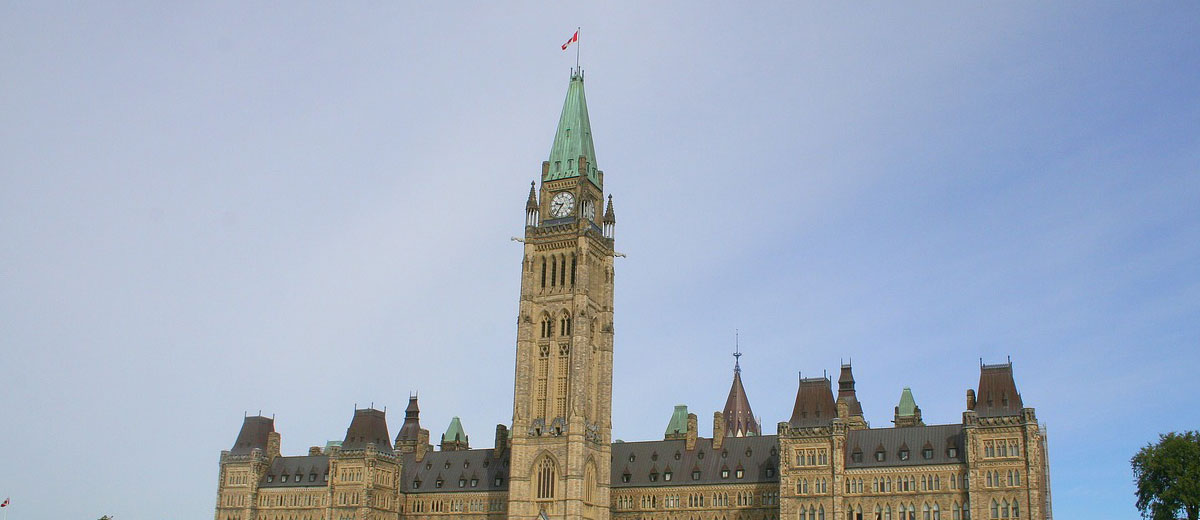Children come up with some clever responses when questioned by their teachers.
When asked to describe school in one word, a youngster replied “Hell”. When asked what ended in the year 1896, a student replied, “1895”. A question on a test paper asked students to name six animals which live specifically in the Arctic. One child responded: two polar bears and six seals.
All those clever children grow up and become people of enormous potential, a recent example being 19-year-old Sam Oosterhoff who won a provincial by-election by a landslide, becoming the youngest Member of Provincial Parliament in Ontario history. Sam, who suspended his first year of political science studies at university to run, is now the voice for more than 120,000 people.
Jack Fonseca of Campaign Life Coalition said the young politician earned the overwhelming victory despite a “relentless smear campaign” by the ruling Liberal party and the mainstream media. Politicians and media alike were quick to list, what they perceived as negatives in his life: his homeschooling, his youth, votes received by members of an evangelical church, his pro-life stance, his support of parents as educators, and even the observation that he currently lives in his parent’s basement. One politician suggested Sam’s views would take us back a hundred years.
So, let’s go back a couple of hundred years and look at another young man, who at the tender age of twenty-one years entered the political arena. It was a time when the economic benefits of slavery were so great that only a handful of people thought anything could be done about it. William Wilberforce was one of them.
In spite of being laughed at and publicly ridiculed for years, he managed to have 12 resolutions against the slave trade introduced—only to be defeated. His efforts were blocked by vested interests, parliamentary delays, bigotry and international politics. Nevertheless he persisted, introducing more bills in 1791, 1792, 1793, 1797, 1798, 1799, 1804, and 1805, all of which were defeated. Three days before his death in 1833, he received word that slavery had been officially abolished.
In William’s day, politicians wholeheartedly endorsed and justified the slave trade, even though today we realize their enormous error. Is it not possible that once again, the self-made plans and agendas which politicians wholeheartedly endorse today, may ‘not be beneficial’ to the human race? Have the people of power over our nation evolved to such a degree, over the past hundreds of years, that they no longer are capable of making mistakes? Should public citizens, who disagree with their proposals, stand by and say nothing, eventually conceding to their decisions?
William once said, “We are too young to realize that certain things are impossible … So we will do them anyway.” Perhaps 19-year-old Sam Oosterhoff would agree with him.
Read more by Joan on her page kindersleysocial.ca/webarchive/joan
